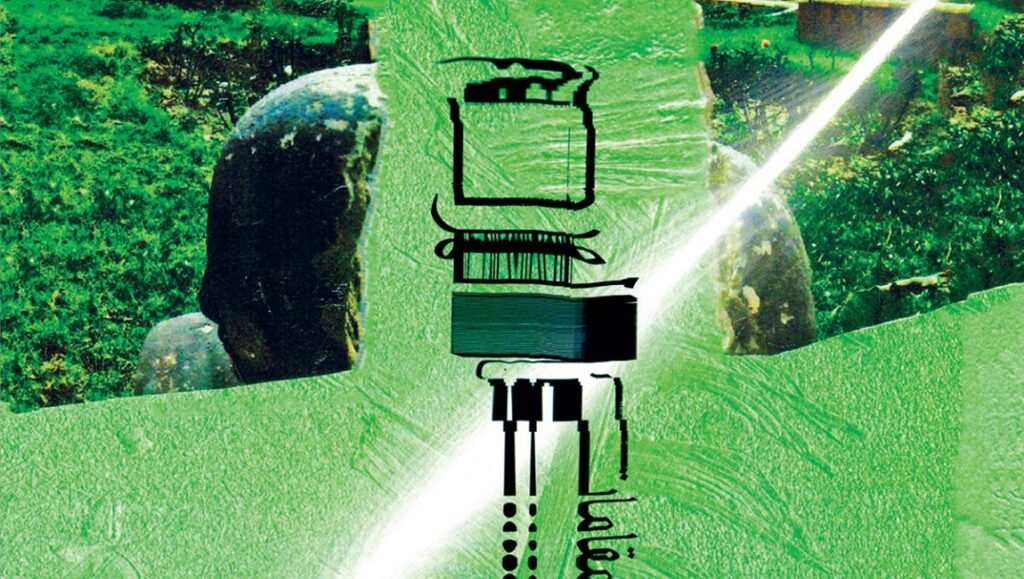Egyptian producer Amr El-Alamy has been involved with his country’s dance music scene for years, but his debut album under the 1127 moniker is the first time many will get a chance to hear his own original work at length. Those who listened to his Boiler Room set with $$$TAG$$$, his DJ mix for Mitamine Lab, or his one-off tracks on SoundCloud will know that he has an interest in sound design-focused experimental music. But with Tqaseem Mqamat El Haram 2016-2019, he compiles his most ambitious works yet, offering a relentless barrage of gnarly electronics influenced by deconstructed club, IDM, glitch, and noise. The greatest testament to this set’s cohesiveness is how hard it is to distinguish when exactly one track ends and the other begins. Opener “White Lie,” with its blown-out bass and queasy fog of ambience, is erratic enough that its transition to the dense “Fragmented. Thought Train” ends up feeling seamless.
What ultimately makes this release’s whirlwind of music so potent, though, is that it rarely provides for moments of catharsis — Tqaseem is all tension and anxiety. On a track like “Renaissance,” manipulated vocals initially seem like they’ll allow for melodic release. But they’re chopped up and left to remain as pure textural elements, imbuing the song with a ghastly atmosphere. Vocalist She7ta Wel3a’s voice, on the other hand, is relatively unaffected on “Zezinia 2”; while the timbre and rhythm of his intonations are evocative on their own, the way 1127 surrounds them with a disquieting array of sounds makes for something arguably even more ominous. There’s a large amount of variety on Tqaseem, but it’s all held together by a dark, brooding tone. Whether 1127 crafts searing industrial soundscapes on “Circumcision,” fractured ambience on “Keep Filling in the Gaps,” or kaleidoscopic noise on “Deviation,” he’s able to make sure the entire album feels like a long, strenuous journey. That listeners will come out of it exhausted is indicative of its success.
Published as part of Foreign Correspondent | Issue 5.


Comments are closed.